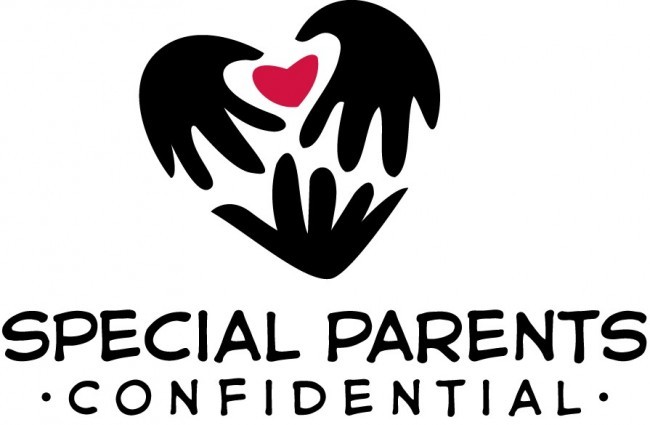Applied Behavior Analysis. ABA.
In January of 2014 we posted episode 15 of Special Parents Confidential, in which we learned about Applied Behavior Analysis ABA. Our guest was Conny Raaymakers, who is a board certified behavior analyst. Her interview has become our most downloaded and listened to episode, with nearly double the listens of any other episode we’ve done. It’s even been cited in a text book on applied behavior analysis.
What Is ABA?
Applied Behavior Analysis or ABA is a term parents of special needs children hear a lot in schools, doctors offices, therapy centers, and just about anywhere our kids interact with people. Studies have shown that ABA can be used to help children as early as 18 months learn to cope with everything from social settings to the educational environment. ABA has been proven to be successful especially for children with autism and can be used to help kids with other disabilities and disorders.
New Contact Information.
However, since that interview took place, Conny has had some changes in her career. She is now the Director of ABA services at Developmental Enhancement Behavioral Health. Conny is a Behavior Analyst and Limited Licensed Behavioral Psychologist. She talks about the history of Behavior Modification, the decades of research that has been done to study the effectiveness of the treatments, and clears up the misconceptions people have about Applied Behavior Analysis. Conny also discusses the drawbacks and problems with using alternative or ‘fad’ treatments, how to watch out for misleading claims and how to spot phony success stories.
Updated Links & Information
Developmental Enhancement Behavioral Health
Email: craaymakers@debh.org
Association for Behavior Analysis International
A Reminder: Please share Special Parents Confidential with your friends, family, and your connections on social media. You can do this easily with the social media buttons located right below this paragraph. Like us on Facebook. Follow us on Twitter. Add us on Google Plus, Tumblr, Linked In, or other social media sites. You can also sign up for our email service and have new posts and podcast episodes delivered right to your inbox the moment they’re available online. That form is located to the right of this text.
We’re also on iTunes, Google Play, Stitcher, TuneIN, Poddirectory, Blog Talk Radio, and other podcast directories as a free subscription. Additionally, please consider writing a review about our podcast on any of those services. Anything you can do to help spread the word about Special Parents Confidential will help us be able to continue these podcasts. Thanks for your support!
Podcast: Play in new window | Download
Subscribe: RSS
